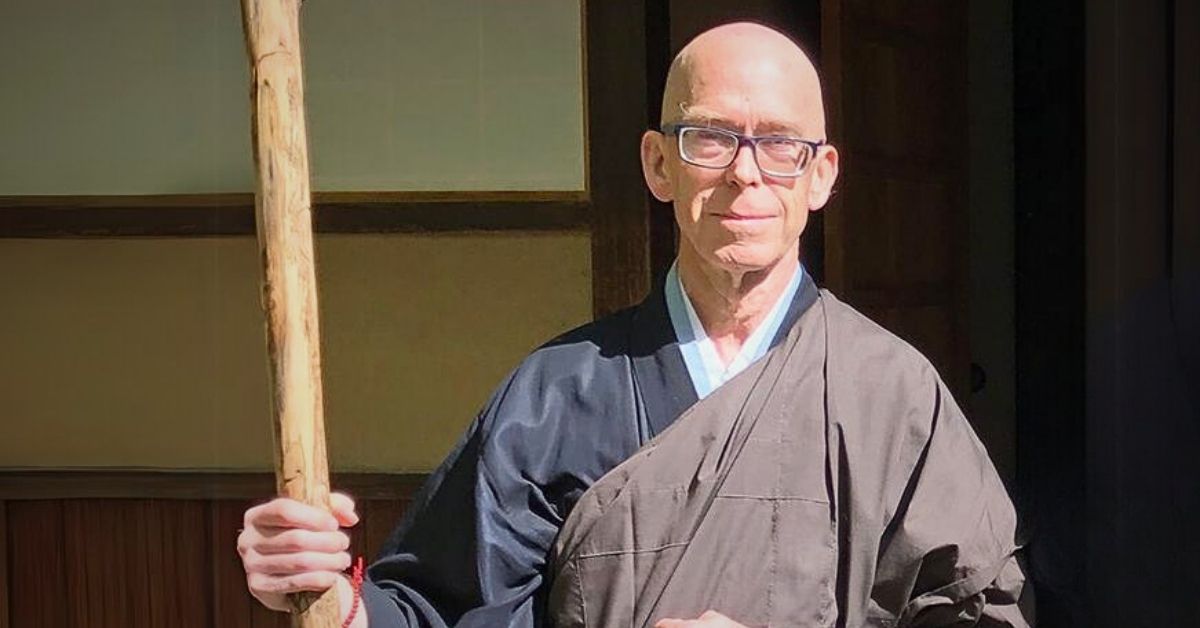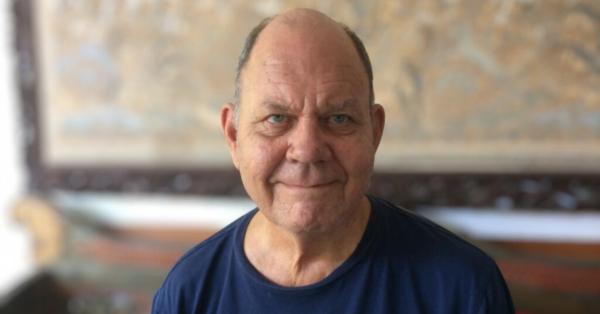
By Anshi Zachary Smith
Born into a tumultuous period in Japan in 1200, Eihei Dogen faced early adversity with the loss of his parents—his father, a high-ranking official and poet, died when he was two, and his mother passed away when he was seven. This early loss created a profound sense of uncertainty and questioning in young Dogen, setting the stage for his lifelong quest for spiritual understanding.
Dogen’s journey into Buddhism began in the Tendai (Tiantai 天台) monastery, the dominant Buddhist sect in Japan at the time. Despite receiving an exceptional education and being intellectually gifted, he found himself dissatisfied and questioning the teachings he encountered. This inner conflict drove him to seek deeper understanding, leading him to Zen Buddhism. Looking for answers to profound questions, Dogen sought to clarify the necessity of spiritual practice for beings inherently possessing Buddha Nature.
Dogen’s intellectual curiosity propelled him to China, the epicenter of Zen Buddhism, at seventeen. There, significant encounters, including a pivotal meeting with the abbot Rújìng (如淨) at Tiantong monastery, deepened his understanding of Zen. Under Rújìng (如淨)’s guidance, Dogen experienced a spiritual awakening and a profound grasp of Zen practice and monastic life.
Dogen returned to Japan with a clear vision to reform Japanese Buddhism through Zen. He faced initial resistance in Kyoto, prompting him to articulate his vision and address challenging questions in his essay, “Bendowa.” His persistence eventually led to the construction of Eiheiji temple, harmoniously integrated with the natural landscape, where he spent his remaining decade.
Dogen’s later years at Eiheiji marked a shift in his writings, suggesting that a true Buddhist life might require monastic seclusion. His influence remained strong, evident in his response to misconduct within the monastery and his extensive writing, which included poetry that reflected his contemplative style:
All my life false and real, right and wrong tangled.
Playing with the moon, ridiculing wind, listening to birds…
Many years wasted seeing the mountain covered with snow.
This winter I suddenly realize snow makes a mountain.
Dogen’s final journey to Kyoto for treatment and his passing in the zazen posture were emblematic of his lifelong dedication to Zen. His death poem encapsulates his spiritual journey:
Fifty-four years lighting up the sky.
A quivering leap smashes a billion worlds.
Hah!
Entire body looks for nothing.
Living, I plunge into Yellow Springs.
Dogen’s life and teachings, bridging historical context and contemporary practice, inspire us to contemplate our own spiritual paths. His work, especially in the “Bendowa,” offers practical and transformative insights into Zen practice, inviting modern practitioners to explore the depths of Zen.
Explore these teachings further in Bendowa: Dogen and the Practice of Zazen With Anshi Zachary Smith, Thursdays, March 7–April 18 (no class on March 29).











